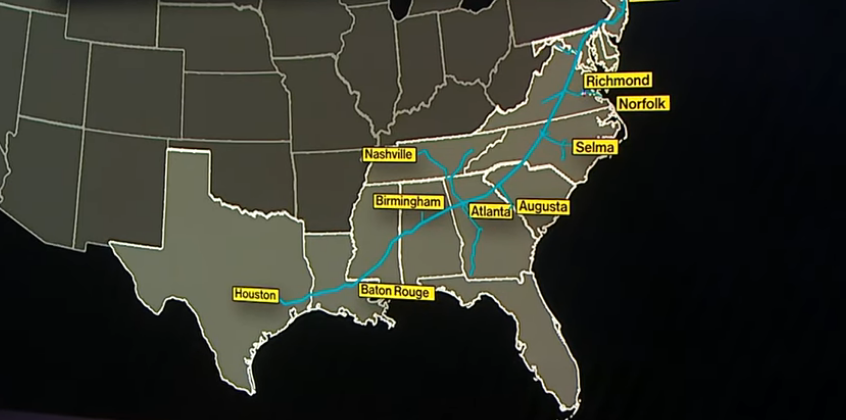Juice jacking. If you use a cable that has 4 wires (which are fairly standard, the kind you can use to connect your phone to your computer), obviously data can be transferred through them, including malware. So use a power outlet and your wall charger for your phone. Technically speaking, you can use a 2-wire cable (only transmits power) even with a unit set up to send malware.
-
-
"Restrict Act" being debated in Congress.?Ban VPNs, impose fines?
-
Days after US Congress made headlines for being set to ban TikTok on government devices.
-
Control data collection on millions of users, and control information algo if they so chose.
-
Bye bye, DuckDuckGo'Overall' versus 'ultimately' in language hints.Currently, Brave is moving to the best search engine (?and browser?), but quantity is the solution in any marketplace.
-
-
"Phone numbers suck" - Techlore guy"They're hard to get compared to something like email. They're expensive. Most people only get one. And these issues just make them a very unique datapoint. A phone number is one of the most invasive data points used against us by companies."A new thing is eSIMs. A real phone number, not a virtual number like VOIP.No outbound calls though.
-
US collected biometric records on 5m Afghanis... and now those people are at risk due to this very thing, according to some like Margaret Hu, who calls it a lesson in the life-and-death consequences of data collection.The US left this data behind, along with iris scans and names.Consortium News commented that the US is going after Assange in part because (they allege) Assange endangered lives by revealing names of informants (when he was actually redacting them).The Taliban reportedly have control of US biometric devices – a lesson in life-and-death consequences of data privacy
-
Most disruptive infrastructure attack ever on U.S. soilApparently. Colonial Pipeline hack. This pipeline sends a lot of the oil from Texas to New Jersey, from where it's distributed to other places. Hackers gained control of Colonial's system and are doing a ransomware action. Colonial took their all their operations offline because they didn't want the hackers to gain access to the IT that controls the pipes. They're currently handling some segments of the pipelines manually.We don't know too many details because Colonial hasn't given them to the DHS, reportedly.Some gas stations have run dry. Price of gas has already gone up 7 cents in the week, following the regular demand-supply equation. There's been panic buying and long queues, and the airline industry has been affected. Flights have been stopped and they've additional stops in order for planes to fuel up.The pipelines serve 90 U.S. military installations and 26 oil refineries, so the ripple effects are still to be seen.FBI is saying the hacker is Darkside from Russia, who usually works on big money ransom projects. They have a published list of things they won't hack, and don't seem to want to hurt normal people, although in this case gas prices effects everyone.A massive effort is expected to get things running again about a week after the problem started, involving the FBI and other government agencies and a task force assembled by the White House. But it depends whether they can resolve the ransomware situation.In recent years, the U.S. has scaled up its oil production and became a net exporter, but is now looking at returning to being an importer of oil.
